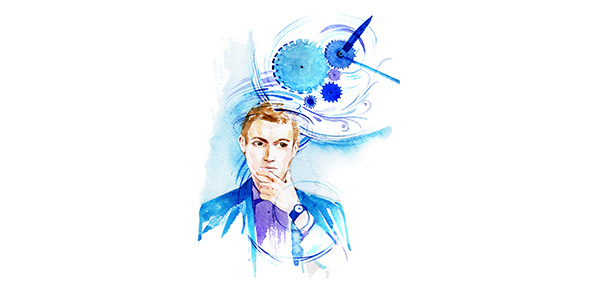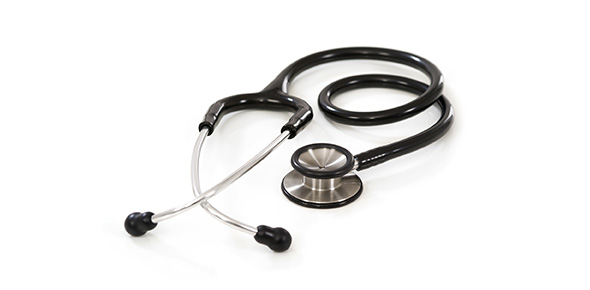Related Flashcards
Related Topics
Cards In This Set
| Front | Back |
|
Etiology
|
The origins or causes of illness
|
|
Biopsychosocial Model
|
Health and illness are consequences of the interplay of biological, psychological and social factors.
|
|
Biomedical Model
|
All illness can be explained on the basis of somatic bodily processes. Psychological and social processes are irrelevant to the disease process
|
|
Biopsychosocial vs. Biomedical Models
|
Biomed assumes mind and body are separate
Biomed also focuses on illness instead of promoting health
|
|
Clinical Implications of the Biopsychosocial Model
|
The practiciner must understand the social and psychological factors that contribute to illness in order to treat it properly.
|
|
Acute vs. Chronic Illness
|
Acute illnesses are short-term illnesses due to a viral or bacterial invader and usually curable. Chronic illnesses are slowly developing diseases that people live with for a long time and often can't be cured.
|
|
Epidemiology
|
The study of the frequency, distribution and causes of infectious and noninfectious disease in a population based on physical and social environment
|
|
Morbidity
|
The number of cases of a disease that exists at some given point in time
|
|
Mortality
|
Number of deaths due to particular cases
|
|
Randomized Clinical Trials
|
Experiments conducted by health practicioners to evaluate treatments or interventions and their effectiveness over time.
|
|
Prospective Research
|
Looks forward in time to see how a group of people change over time.
|
|
Retrospective Research
|
Looks backward in time in an attempt to reconstruct the conditions that led to a current situation.
|
|
The Peripheral Nervous System
|
Consists of all the nerves in the body and is made up of the somatic and autonomic nervous systems.
|
|
Somatic Nervous System
|
Voluntary; connects nerve fibers to voluntary muscles and gives the brain feedback in the form of sensory information about voluntary movement
|
|
Autonomic Nervous System
|
Involuntary; connects the central nervous system to all internal organs over which people do not have control. It is regulated by the Sympathetic and Parasympathetic Nervous Systems.
|






